7 best first animals for small properties
Starting small with livestock is the smartest way to build your skills without getting overwhelmed. The best beginner animals for small properties are easy to handle, adaptable to different setups, and don’t require large amounts of land. They’ll still give you eggs, milk, meat, fiber, or pest control, but without the heavy feed bills or infrastructure larger animals demand.
By starting with these manageable species, you can learn proper care routines, understand fencing and housing needs, and decide which direction you want to take your homestead in the future.
Chickens
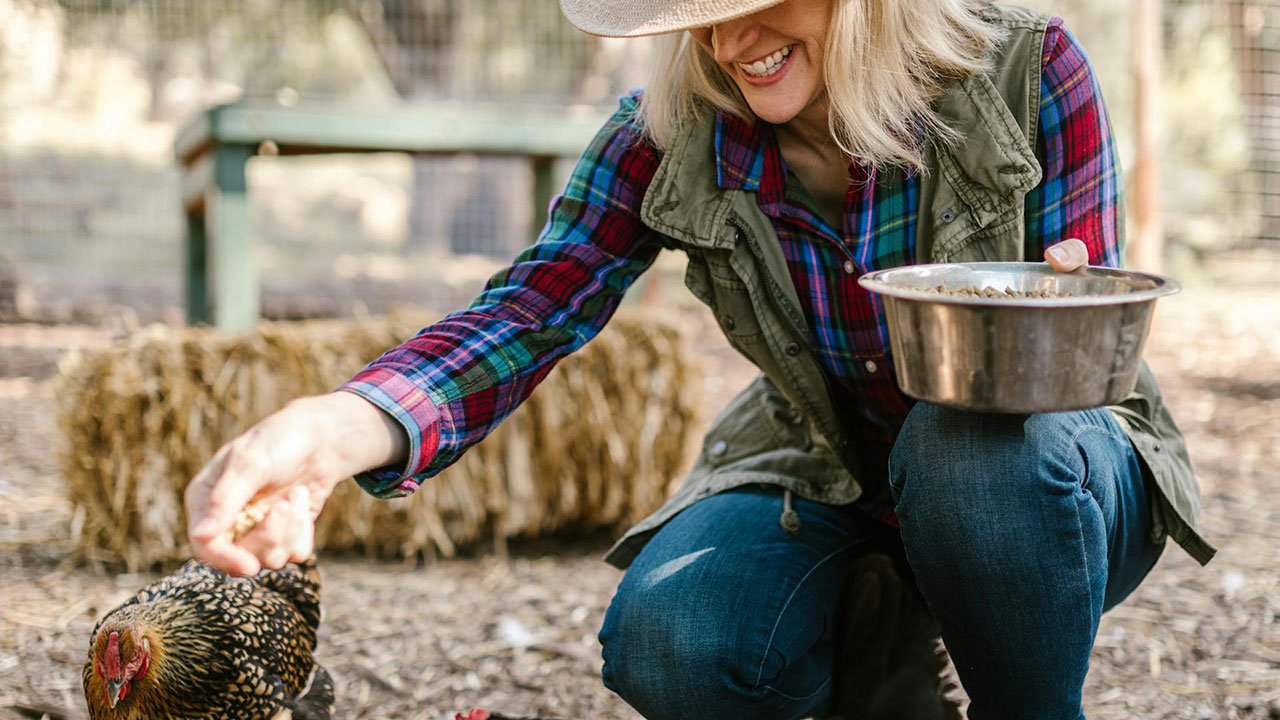
Chickens are a classic starter animal for good reason. They need minimal space, are easy to feed, and provide fresh eggs almost daily. A small, secure coop with a run can house a handful of hens comfortably. They adapt well to different climates and can be kept in either a free-range or confined setup.
With basic care — food, clean water, and predator protection — they’re consistent producers. They also offer natural pest control, scratching through grass and soil for bugs while keeping your yard lively.
Ducks

Ducks are hardy, adaptable, and quieter than many people expect. They don’t need a pond — a kiddie pool works fine — but they do require clean water for dunking their heads and keeping their eyes and bills clear. Many breeds lay almost as well as chickens, and their eggs are larger and richer.
Ducks are excellent at pest control, especially when it comes to slugs and snails. They’re generally easygoing, and with a secure night pen and basic shelter, they’ll thrive on a small property.
Rabbits

Rabbits are an efficient livestock choice if you’re short on space. They can be raised for meat, fiber, or as pets, and they reproduce quickly. Housing can be as simple as hutches or as natural as a colony system, depending on your setup. They eat hay, pellets, and fresh greens, and they’re relatively quiet and clean animals to keep.
Regular cleaning and monitoring for health issues are important, but overall, rabbits are low-maintenance compared to larger animals and provide a surprising amount of return for the space they take up.
Quail
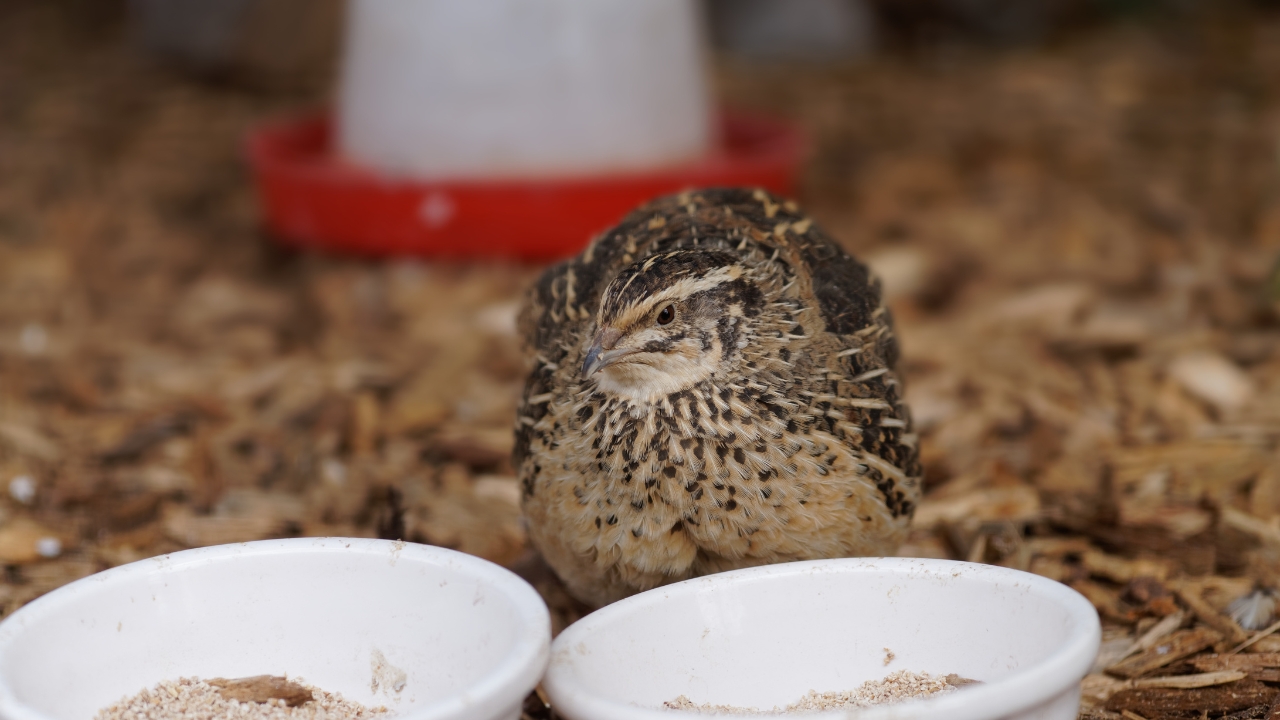
Quail are small, productive birds that can live in compact cages or aviaries. They reach maturity quickly, often laying eggs by eight weeks old. Quail eggs sell at a premium in many markets, and the birds themselves can be raised for meat. Their feed and space needs are minimal, making them ideal for small properties or even urban backyards.
While they need secure housing to protect them from predators, their short life cycle and quick production make them a satisfying choice for new keepers.
Goats
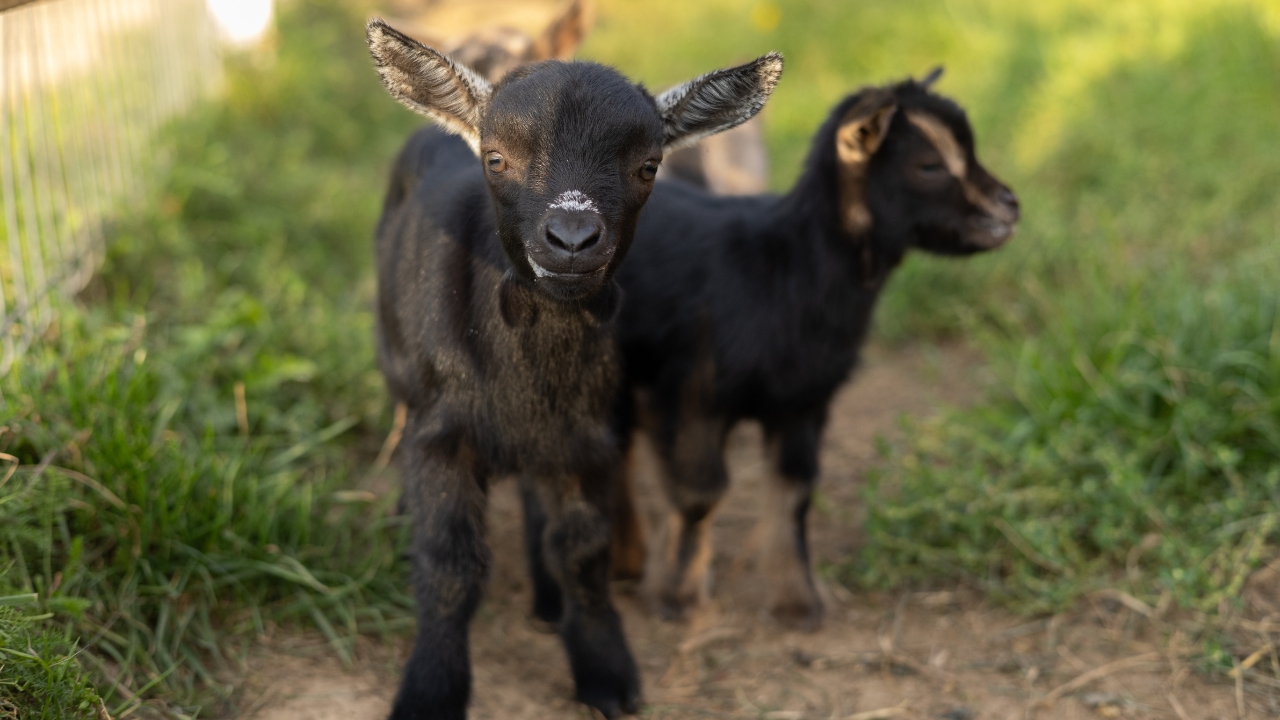
Small goat breeds, like Nigerian Dwarfs, are manageable for beginners and fit well on limited acreage. They can provide milk, help control brush, and are generally hardy animals. Secure fencing is essential since goats are notorious escape artists, but once contained, they’re easy to handle and enjoy interacting with their caretakers.
Dairy goats require daily milking, but meat breeds or wethers (castrated males) need less intensive care. With basic shelter, good hay, and minerals, goats can be a rewarding addition to a small property.
Bees
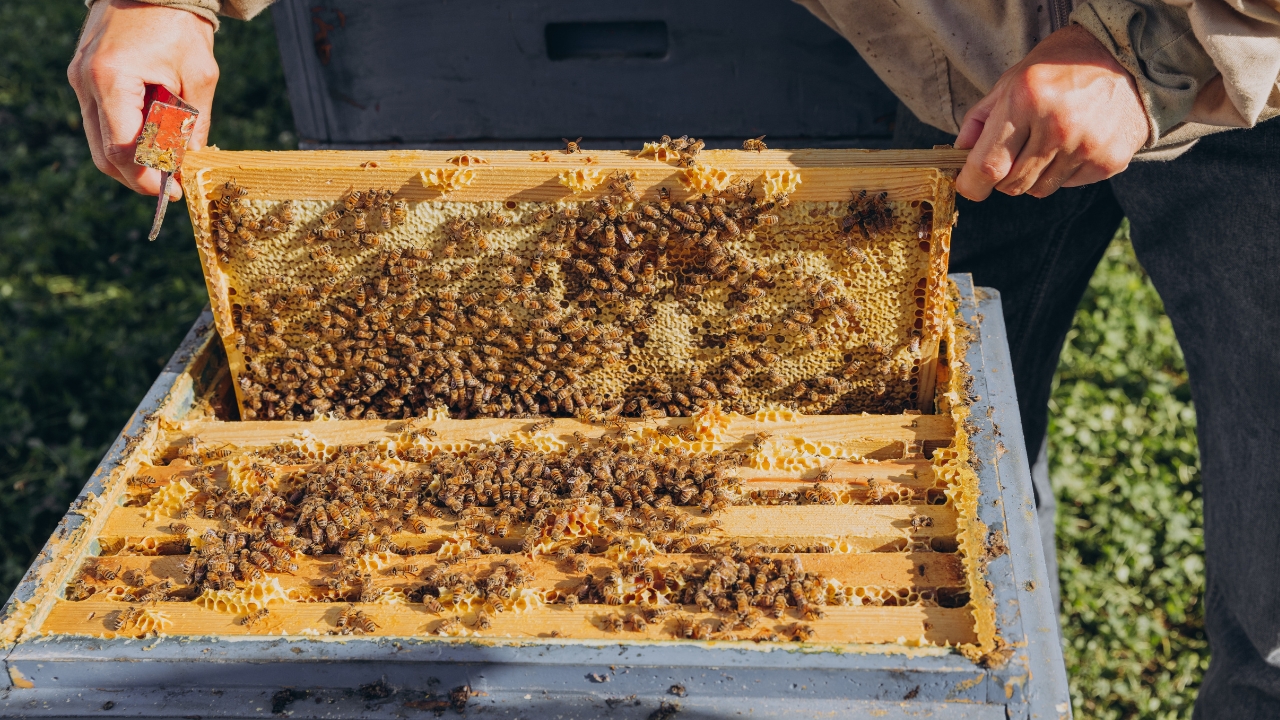
Bees require less daily attention than most livestock but provide high-value products like honey and beeswax. They also improve garden and orchard production through pollination. A proper hive setup, seasonal inspections, and pest management are key to success. Bees can thrive in small yards as long as they have nearby forage sources.
Once established, they’re largely self-sufficient, making them a good fit for beginners who want an animal that pays its way without demanding constant time.
Guinea Fowl
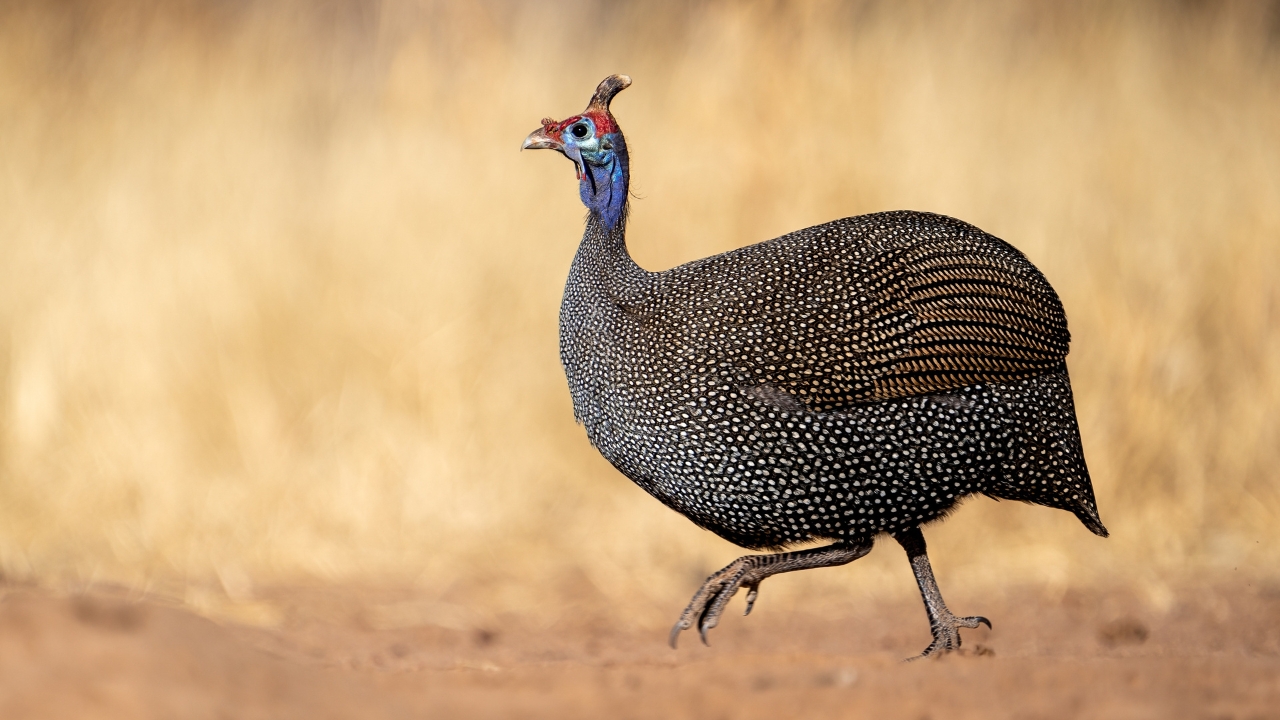
Guinea fowl are low-maintenance birds that thrive on free-ranging. They excel at controlling ticks and other insects, making them useful beyond their meat and eggs. They need a safe roosting area at night but can handle most of their own food needs through foraging.
Guineas are independent and hardy, requiring little more than occasional supplemental feed. They can be noisy, so they’re better suited to rural settings, but they earn their keep by keeping pest numbers down.
*This article was developed with AI-powered tools and has been carefully reviewed by our editors.







